Students at Rutgers University have set up a scientific journal that exclusively features undergraduate research papers.


Students at Rutgers University have set up a scientific journal that exclusively features undergraduate research papers.
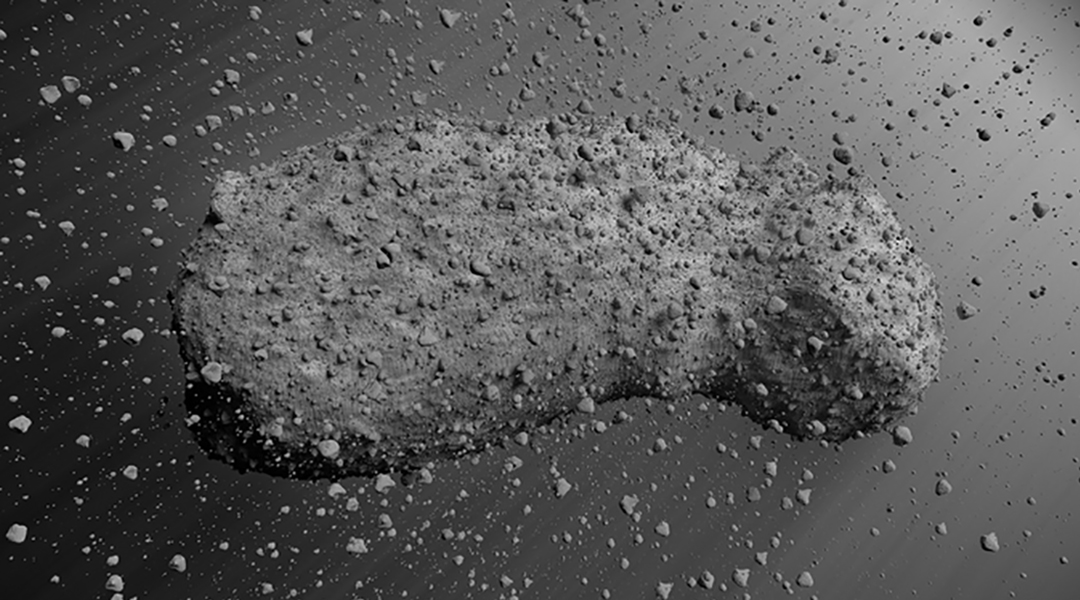
Analysis of dust particles collected from the surface of the 500-meter-long asteroid has implications for planetary defense.
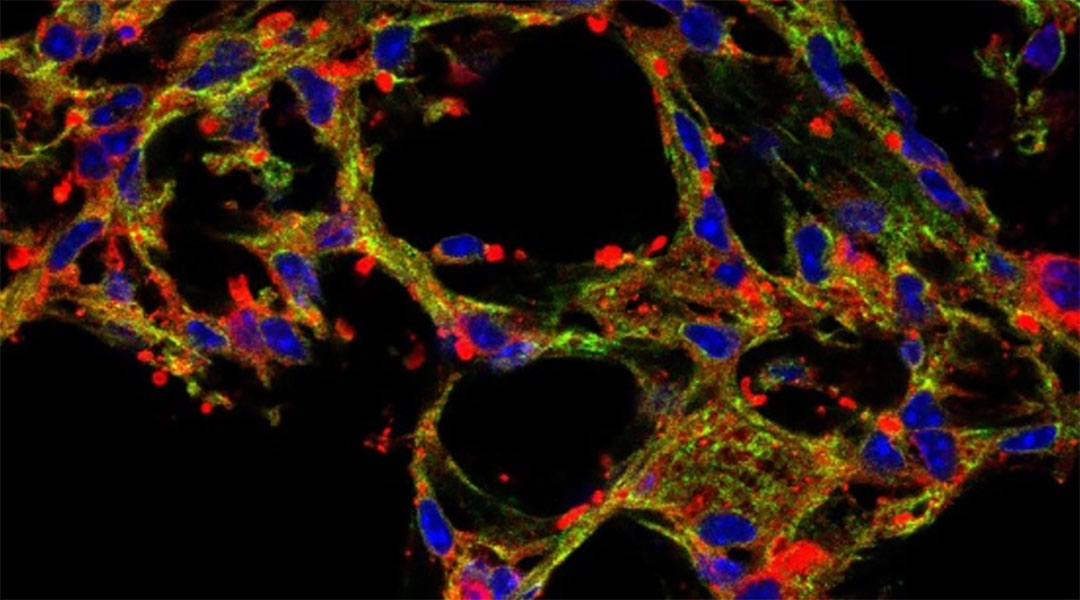
An inhaled drug carrier helps minimize side effects while delivering drugs to the lungs to treat diseases such as pulmonary fibrosis.

Using 19 different quantum computers, scientists demonstrate how entangled particles break limitations in accuracy on the sub-atomic scale.

Experiments performed using CERN’s the Large Hadron Collider provide insights into the particles that make up protons and their interactions.
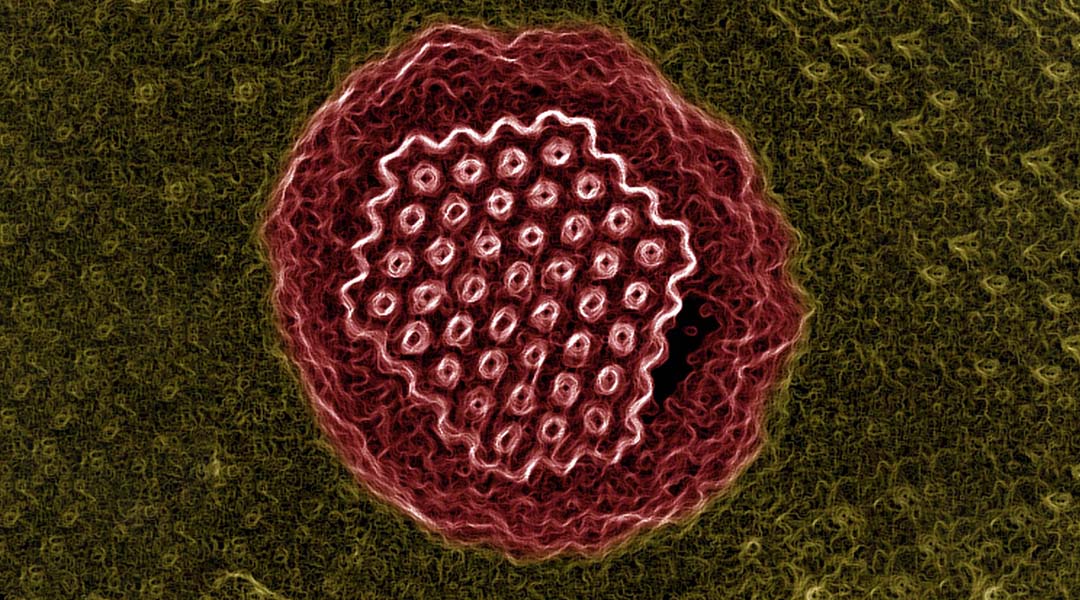
How seven ancient viruses ranging in age from 27,000 to 48,500 years were recovered from the Siberian permafrost, and what researchers hope to learn from them.

From pasteurization to the first manufactured vaccines, Louis Pasteur made breakthrough discoveries in disease prevention and public health.
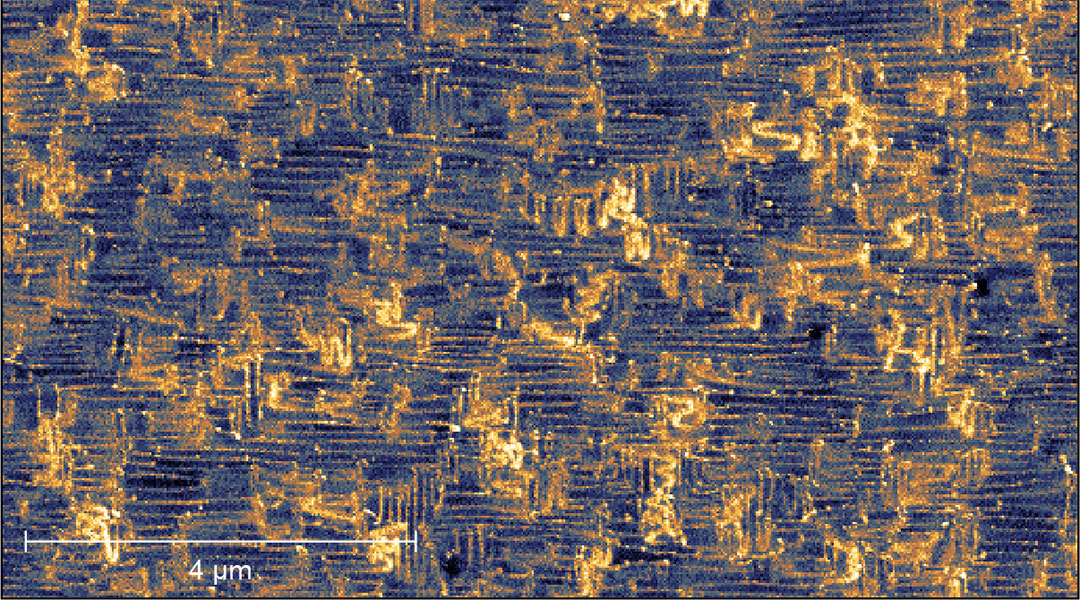
Artificial neural networks made from domain walls mimic synapses and neurons in the brain for neuromorphic computers.
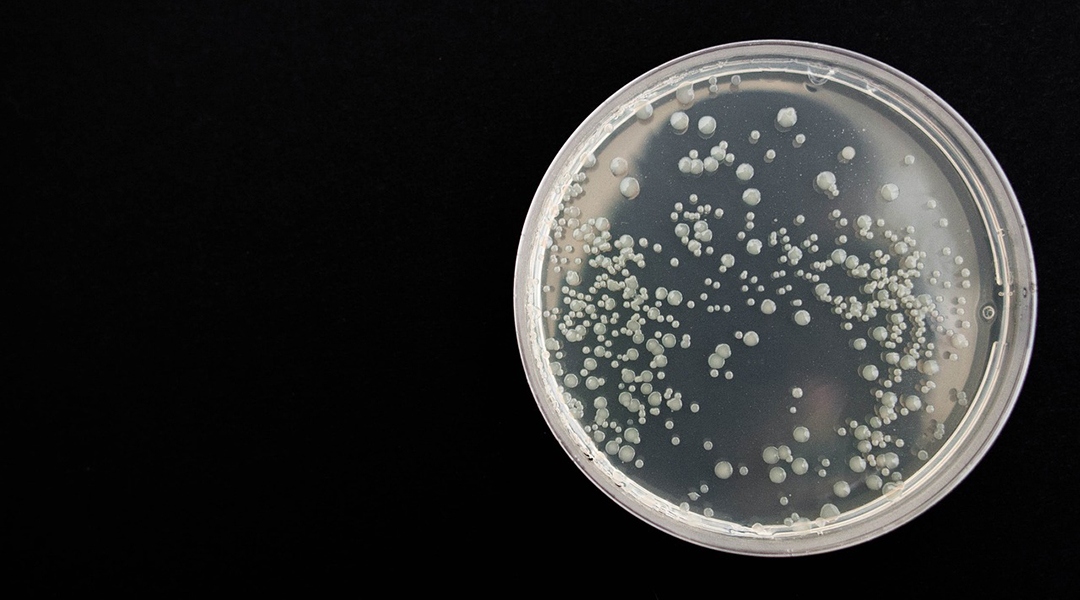
It is generally accepted that a community of beneficial bacteria make up the lung microbiome, but their origin and formation have remained unclear — until now.
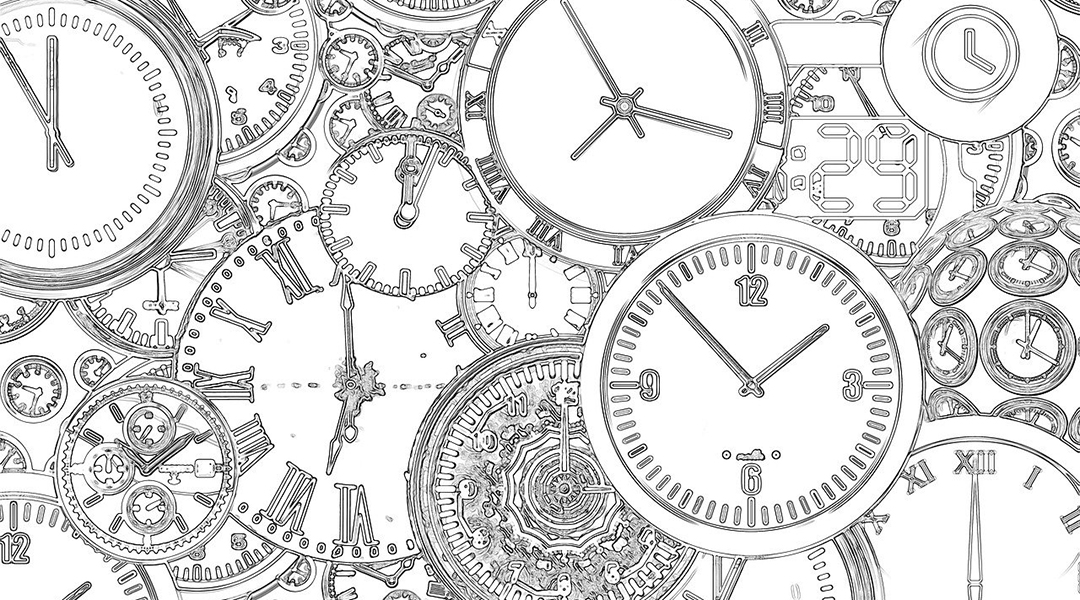
Scientists use quantum entanglement to compare two atomic clocks achieving what might be the ultimate precision possible.